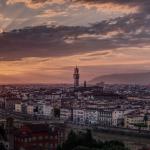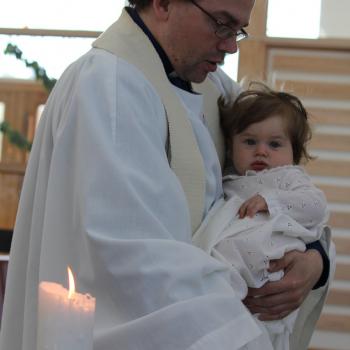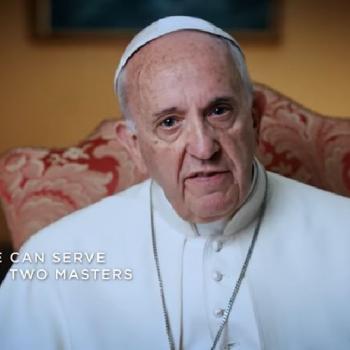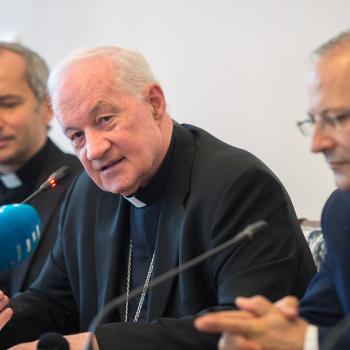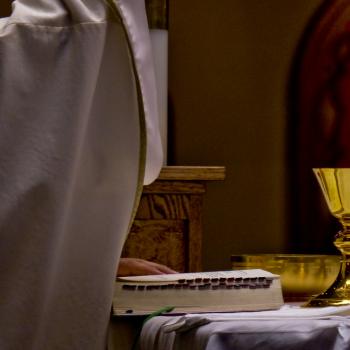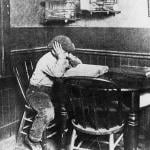Pope Francis has dealt out yet another rap on the knuckles of those European countries which stubbornly refuse to accept refugees. To behold the faces of the many thousands of people forced to flee to the continent in search of a better life “is to see Christ suffering and crucified”, said the pope in a meeting with 31 Jesuits in Myanmar on November 29, adding that to accompany refugees is a “work of liberation”.
“How can you feel the presence of the pope?”, Francis said in this encounter, addressing those Jesuits in Myanmar who work with refugees: above all the Rohingya people who, due to what the UN has called “ethic cleansing” in the country, have fled in their hundreds of thousands to neighboring Bangladesh. “How can the refugees feel it? Answering is not easy”, the pope confessed, before recalling that thus far in his pontificate he has visited four refugee camps, among them the “huge ones” in Lampedusa, Lesbos and Bologna.
“There our work is of closeness. Sometimes it is not possible to distinguish well between a place one person expects to leave and a prison under another name. And sometimes the camps are nothing other than concentration camps, prisons“, continued Francis.
“How do I approach all this?”, the pope continued, rhetorically. “Yes, I try to visit; I speak clearly, especially with countries that have closed their borders”.
“Unfortunately”, Francis went on to lament, “in Europe there are countries that have chosen to close their borders. The most painful thing is that to take such a decision they had to close their hearts. And our missionary work must also reach those hearts that are closed to the reception of others”. “I do not know what else to say on this subject”, the pope continued, “except that it is a serious issue”.
But it isn’t as if Francis was left at a loss for words on the subject of refugees during this meeting in Myanmar, going on to say that the horrible plight of refugees and migrants are “things [that] must be seen and must be told”. “These things do not come to the living rooms of our big cities”, he denounced, meaning that “we are obliged to report and make public these human tragedies that some try to silence”.
“We must ask for a grace: to cry”
Two days later, on December 1, the Pope met with another 13 Jesuits in Bangladesh, and picked on the theme of the hospitality we owe to migrants, and that once again in the context of the Rohingya tragedy.
“Today there is much discussion about how to save the banks”, lamented Francis on this second occasion. “The problem is the salvation of the banks. But who saves the dignity of men and women today? Nobody cares about people in ruins any longer“. A lack of empathy, said the Pope, that can be put down to a “demonic” influence.
“The devil manages to do this in today’s world”, said the Bishop of Rome, lamenting the lack of help the world extends to people who live in “shameful conditions”. “If we had a little sense of reality, this should scandalize us”, denounced Francis: we should be outraged that “the media scandal today concerns the banks and not the people”.
And what is one to do, in the face of this tragic and seemingly insuperable reality? “In front of all this we must ask for a grace: to cry. The world has lost the gift of tears”, deplored the Pope.
“The impudence of our world is such that the only solution is to pray and ask for the grace of tears“, bewailed the Pope: a grace that by no means, however, effaces that of the feeling of reproach and remorse. Calling to mind the meeting he had had earlier on December 1 with 16 Myanmese refugees – an occasion on which he famously said, “The presence of God today is also called Rohingya” – Francis admitted that “in front of those poor people I met, I felt ashamed!”
“I felt ashamed of myself, for the whole world!”, explained the Pople. “Sorry, I’m just trying to share my feelings with you…”.


